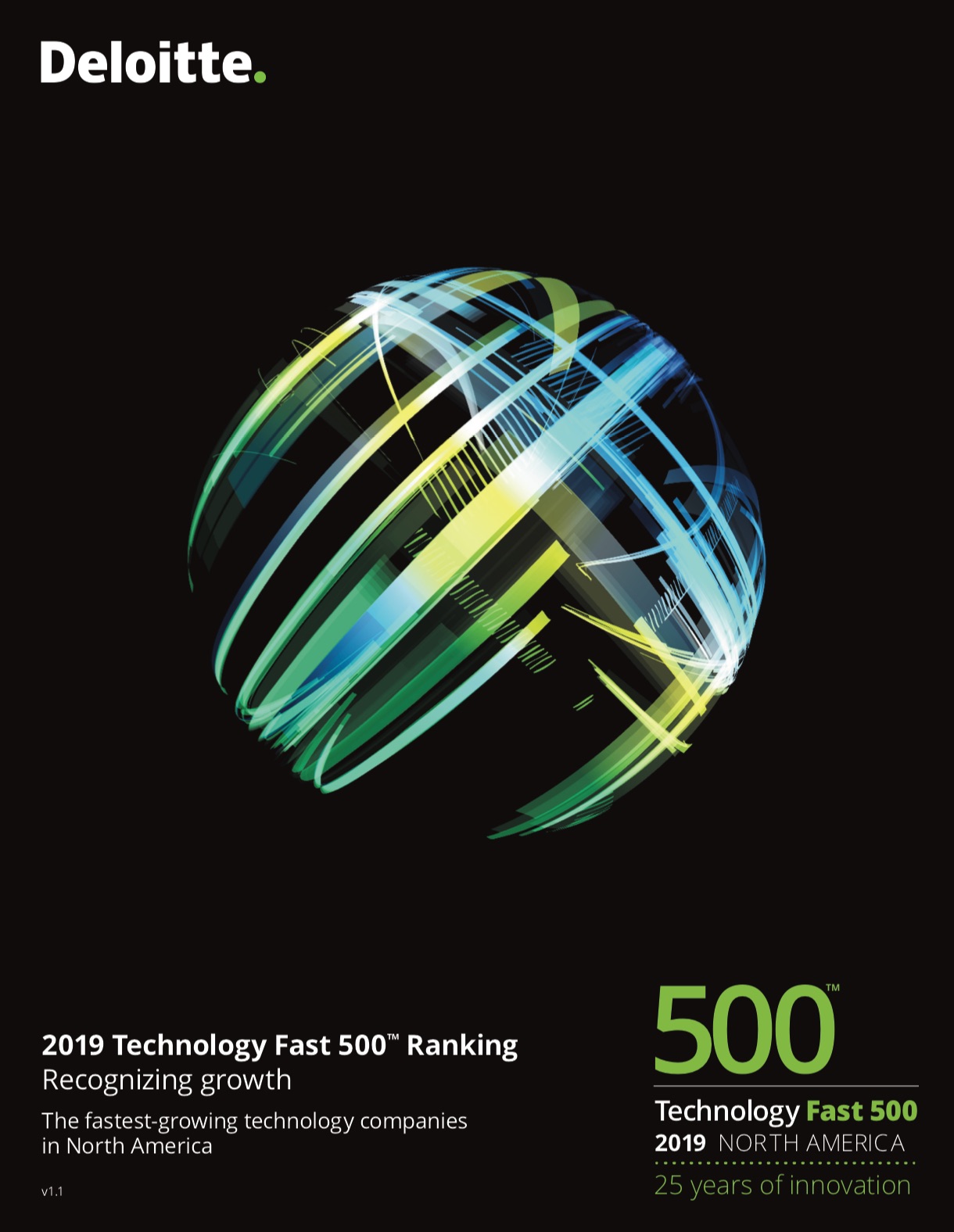
The Hong Kong Monetary Authority (HKMA) unveiled its Fintech Promotion Roadmap today. The goal of the document is to provide a strategic outlook for the coming year to promote fintech adoption and innovation across Hong Kong’s diverse financial services ecosystem.
The top takeaways? The Roadmap highlights three business verticals: wealthtech, insurtech, and greentech – as primary. The planning document also underscores both artificial intelligence (AI) and distributed ledger technology (DLT) as a pair of enabling, if not revolutionary, technologies that will play a major role in future innovation in financial services.
Critically, the Roadmap shows the eagerness of the HKMA to take a proactive, hands-on approach to fintech adoption and innovation in Hong Kong. To this end, the HKMA has announced a range of initiatives it plans to adopt over the next 12 months. These efforts include a fintech knowledge hub; sponsored events, roundtable discussions, and dialogues to foster collaboration; as well as seminars and training sessions to provide cross-sectoral information exchange and the opportunity for continuous learning. The HKMA will also facilitate educational content creation, including use-case videos and research reports, to help broaden understanding of the opportunities of fintech adoption.

HKMA Deputy Chief Executive Arthur Yuen called the Roadmap “a beacon for the entire financial services industry.” He added, “We’re looking beyond banking, casting a wide net to encompass sectors like insurance, wealth management, and capital market activities. Through synergies with our financial regulators and continuous engagement with stakeholders, our vision is a resilient, inclusive fintech ecosystem for Hong Kong.”
Yuen said that the underpinning philosophy of the Roadmap is “collaboration”.
The Hong Kong Monetary Authority is the region’s central banking institution. Founded in 1993, the HKMA is the product of the merger between two agencies – the Office of the Exchange Fund and the Office of the Commissioner of Banking. A key enabler of innovation in fintech and financial services in the region, the HKMA developed and launched a Faster Payments System in 2018 and began offering virtual banking licenses in 2019. Eddie Yue Wai-man was appointed Chief Executive in that year; he is the third CEO in the HKMA’s 30-year history.
In more good news for the region, Hong Kong has a new fintech unicorn. Micro Connect, a fintech that facilitates institutional investments in Chinese micro- and small businesses, raised $458 million in funding earlier this month. The Series C round gives the startup $578 million in total capital raised, and a brand new valuation of $1.7 billion.
Micro Connect’s statement did not list the investors involved in the funding. However, according to Forbes Asia, Baillie Gifford – a Scottish investment company – as well as returning investors Sequoia China, Lenovo Capital, Vectr Fintech, and Dara Holdings, were among those who participated.

Micro Connect will use the capital to enhance the market structure of its Micro Connect Financial Asset Exchange (MCEX) platform. MCEX leverages blockchain technology to enable small businesses to access financing in return for an agreed-upon percentage of the business’s daily revenue over a specified period of time. The scheme helps growing businesses secure the capital they need without having to take on additional debt. MCEX is scheduled to go live in August.
Micro Connect has facilitated investment in more than 2,400 stores and 169 brands across China. Charles Li (Chairman) and Gary Zhang (CEO) founded the company in 2021.
Finovate has brought its international fintech conference to Hong Kong three times: in 2016, 2017, and 2018. Here are some of the local companies that demoed their technology live on stage at FinovateAsia in Hong Kong.
- AApay Technology
- Chekk
- Peakford Electronics
- Proximiti
- Velotrade
That said, Finovate has been hosting fintech conferences for audiences in the region since 2012. Here are a few more Hong Kong-based Finovate alums that demoed at our FinovateAsia events in Singapore and online.
- Advanced Merchant Payments
- Matchi.Biz
- Mobexo
- Modtris
Here is our look at fintech innovation around the world.
Middle East and Northern Africa
- Mastercard and Checkout.com teamed up to bring instant wallet top-ups to UAE-based Careem Pay.
- CTech looked at the state of fintech funding in Israel.
- MENA-based payments platform MyFatoorah secured an acquiring license from the UAE’s central bank.
Central and Southern Asia
- India’s Financial Software and Systems (FSS) launched its payments technology platform, Blaze.
- UAE’s Mashreq Bank announced its successful incorporation in Pakistan.
- Kazakhstan-based fintech S1lkPay secured U.S. patent for its distributed payment processing system.
Latin America and the Caribbean
- Is Latin American cross-border payments platform dLocal for sale?
- Paymentology and Mastercard partnered to boost financial inclusion in northern Central America.
- Brazilian payments technology company Dock announced a partnership with Feedzai.
Asia-Pacific
- Currencycloud announced a partnership with South Korean cross-border payments company MOIN.
- Indonesia and Singapore introduced cross-border payments via QR code.
- The Hong Kong Monetary Authority (HKMA) published its “Fintech Promotion Roadmap” today.
Sub-Saharan Africa
- Kenyan fintech Zanifu raised $11.2 million in funding to support its inventory financing solution.
- SeerBit, a pan-African payment solutions provider based in Nigeria, launched its fintech solutions development platform, Alpha.
- South Africa’s Nedbank teamed up with Synthesis to build a software-based point-of-sale system.
Central and Eastern Europe
- Turkish payments platform Craftgate raised $1.26 million (£1 million) in new funding.
- Berlin-based insurtech SureIn secured $4.3 million (€4 million) in seed funding.
- Alpha Bank’s Romanian division acquired Orange Money Romania.

































